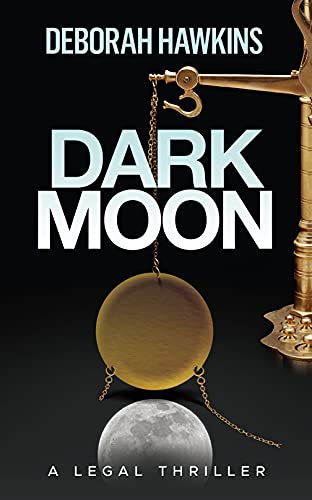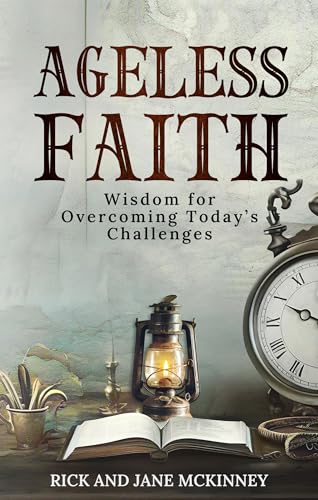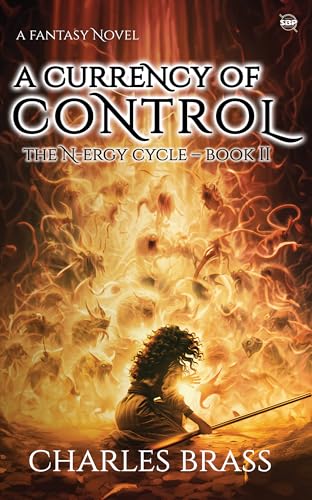Tuesday’s Child (Heroines Born on Each Day of the Week Book 3)
Harriet Stanton followed the drum until the deaths of her husband and father, army officers in the war against Napoleon Bonaparte. Destitute, on the verge of starvation, she returns to England, with her three-year old son, Arthur.
Although she has never met her father-in-law, the Earl of Pennington, with whom her late husband had cut all ties, for Arthur’s sake, Harriet decides to ask Pennington for help.
Turned away from his London house by servants, she is rescued by Georgianne Tarrant, who founded an institution to help soldiers’ widows and orphans. Desperate for an heir, the earl welcomes Harriet, and Arthur whose every wish he grants.
At first, Harriet is grateful to her father-in-law, but, as time goes on she is locked in a silent battle to control Arthur, who has tantrums if he is denied anything.
After Pennington refuses his permission for Arthur to swim in the lake, Arthur defies him. About to drown, he is rescued by charismatic Dominic, Reverend Markham, the Earl and Countess Faucon’s son.
At the lakeside, Dominic meets Harriet. She is so dainty that his immediate impression is of a fairy. Despite her appearance, he is mistaken. Harriet is not a pampered lady by birth. During brutal campaigns, she milked goats and cooked over camp fires.















